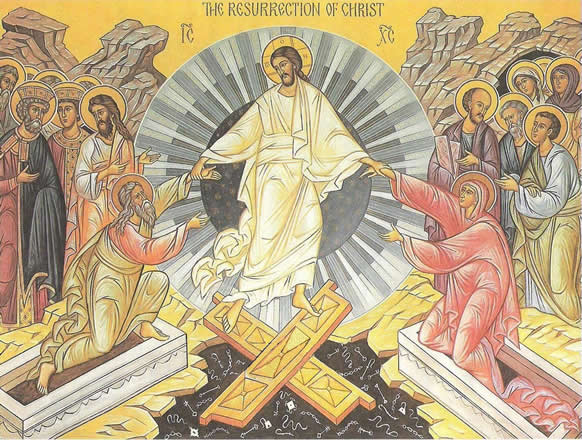Feeling Old…
Today is my birthday. I feel old. It makes me sad that the current generation have no idea about the link between these two items…
"We are travellers…not yet in our native land" – St. Augustine
Today is my birthday. I feel old. It makes me sad that the current generation have no idea about the link between these two items…
 I just spent a wonderful morning with a good friend. We had breakfast, caught up on news and then spent the rest of the morning playing guitar together and singing. It was absolutely wonderful. There really is something about music which both soothes and enlivens the soul:
I just spent a wonderful morning with a good friend. We had breakfast, caught up on news and then spent the rest of the morning playing guitar together and singing. It was absolutely wonderful. There really is something about music which both soothes and enlivens the soul:
“Music is the vernacular of the human soul” – Geoffrey Latham
For the last six weeks Catholics have been abstaining from meat on Fridays as part of their Lenten observance. Lent is over!…Easter is here!…does that mean that we can stop now?

Christians have historically done penance on Fridays to remember our Lord’s Passion, as well as on Wednesdays to recall Judas’ betrayal:
…fast on [Wednesday] and [Friday] – The Didache (1st Century), Chapter 8
There has been some confusion over this subject in recent years, but Canon Law states:
The penitential days and times in the universal Church are every Friday of the whole year and the season of Lent – Canon 1250
So, it’s clear that every Friday is a penitential day. But what kind of penance is required?
 2nd Sunday of Easter: 15th April, 2012
2nd Sunday of Easter: 15th April, 2012This Sunday, as well being the Second Sunday of Easter, it is also Divine Mercy Sunday (declared by Pope John-Paul II in April 30, 2000). The Readings in the Lectionary therefore accordingly celebrate and proclaim the great mercy of God.
Three times in our psalm we sing “His mercy endures forever”. In our Gospel, when the fearful Apostles encounter the Lord whom they abandoned, they are greeted not with anger and condemnation but with invitations of “peace”. Our First Reading describes the early Christian community’s response to this Divine Mercy. Because of their experience of God’s great love for them, they in turn loved one another. They cared deeply for the brethren and put themselves and their possessions at the service of the community. This great love for God and neighbour is further explored by St. John in this week’s Second Reading.
Eternal God, in whom mercy is endless and the treasury of compassion inexhaustible, look kindly upon us and increase Your mercy in us, that in difficult moments we might not despair nor become despondent, but with great confidence submit ourselves to Your holy will, which is Love and Mercy itself – Divine Mercy Chaplet
I thought it appropriate that we conclude our Triduum with one final video from Make A Friar:

To help us enter into the Lord’s Passion today, here is a reflection from Make A Friar: